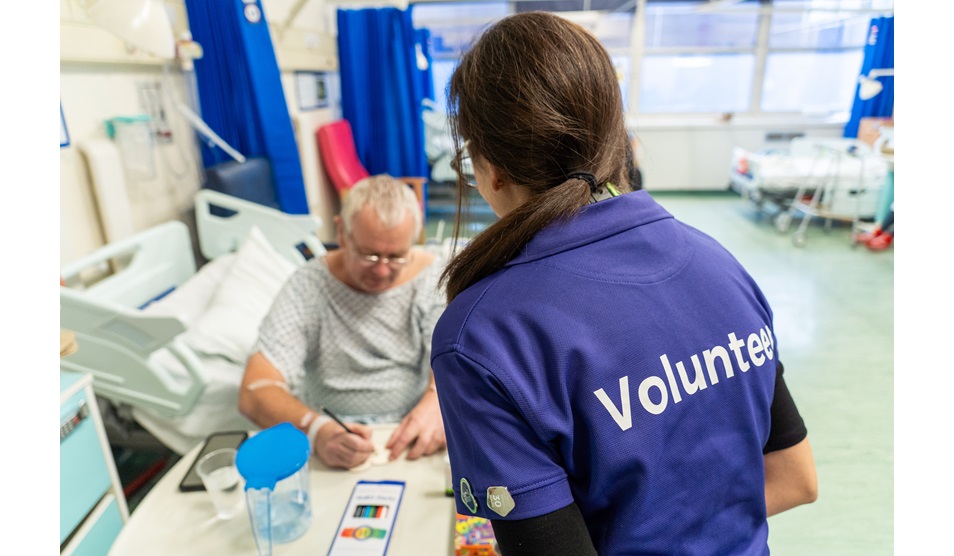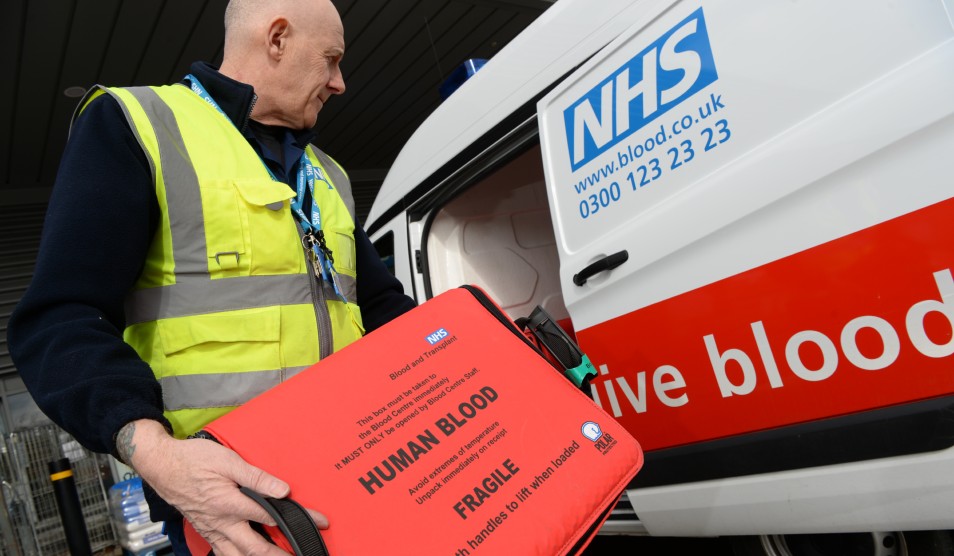Trust receives employer award from Ministry of Defence
Imperial College Healthcare has received a prestigious employer award for supporting its staff to be part of the UK’s reserve forces and helping people leaving the military to secure jobs at the Trust through the Step into Health programme.
Dawn Sullivan, associate director of HR operations and resourcing, accepted the award from Colonel Marie Richter, commanding officer of 256 Field Hospital on 14 November. She said: “We are very proud to accept the ERS Bronze Award, which acknowledges the Trust’s strong relationship with the military. This underscores our commitment to supporting former military personnel and active reservists, who bring unique leadership experience and team working skills into both clinical and non-clinical roles at our Trust.”
David Wells, director of people and organisation development and a former lieutenant in the Royal Navy, added: “The NHS is one of the largest employers in the world and experiencing continued growth as the UK population grows and ages. This means there is a constant need for qualified and unqualified staff to meets these requirements. Those with a background in the military are often a good fit for the NHS, bringing knowledge, skills and a similar set of core values relating to serving their country and local communities.”
Lt Col Shehan Hettiaratchy, lead surgeon and major trauma director at the Trust, said:
“The military experiences I’ve had in Afghanistan have given me a breadth of experience in operating on trauma patients, which has supported my work at the major trauma centre at St Mary’s Hospital.
“Reservists and military leavers bring unrivalled leadership qualities to their roles in healthcare. They are trained to work in teams to deliver a mission in adverse circumstances – skills which are of great benefit to the NHS.”
Paul Groom, facilities security manager, served in the military for 25 years and joined the Trust in 2015. He said:
“The military gives you great management skills that enable you to motivate people in the workplace. It also trains you in the importance of planning ahead and being prepared for the unexpected – skills which serve you well in the NHS.”



